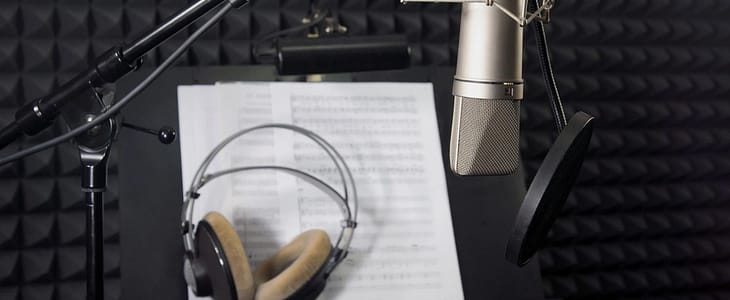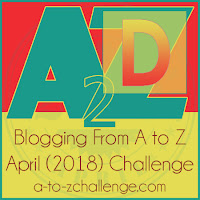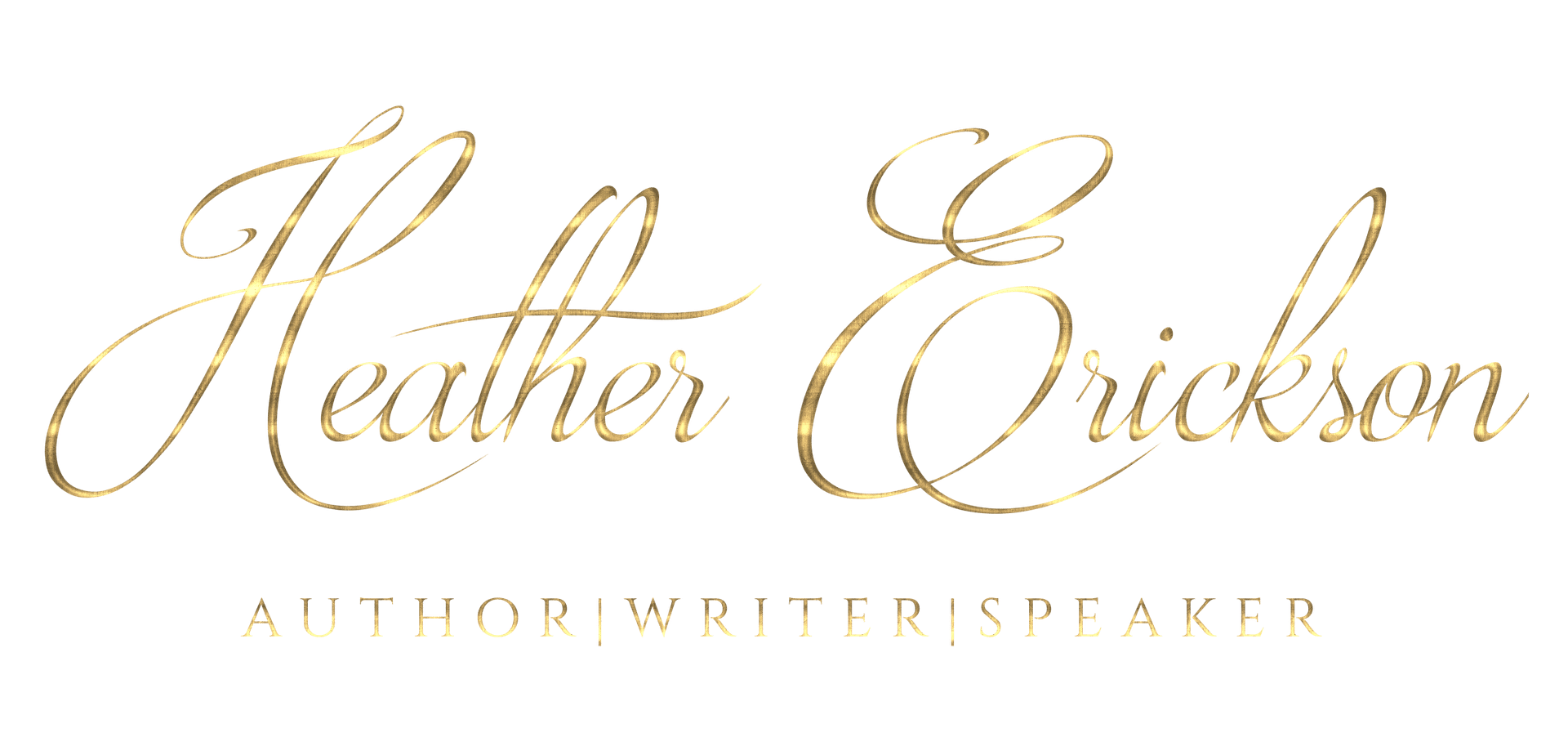

 It’s the 1st Wednesday of the month again. That’s when I take part in Alex J. Cavanaugh’s Insecure Writer’s Support Group. I encourage you to check out their website and even sign up for the IWSG Newsletter. I’m doing double duty this month during the A to Z Blogging Challenge. Here at Heather Erickson Author/Writer/Speaker, I will share ways to increase your creativity. Today’s post is for the letter D. D is for Dictation.
It’s the 1st Wednesday of the month again. That’s when I take part in Alex J. Cavanaugh’s Insecure Writer’s Support Group. I encourage you to check out their website and even sign up for the IWSG Newsletter. I’m doing double duty this month during the A to Z Blogging Challenge. Here at Heather Erickson Author/Writer/Speaker, I will share ways to increase your creativity. Today’s post is for the letter D. D is for Dictation.
I’ll also be doing the challenge at Facing Cancer with Grace, where I will share posts that focus on caregiving. I hope you’ll visit me at both sites. While you’re here, sign up for my email list.
The first time I was introduced to dictation was when my husband was on a cancer treatment that caused his fingers to crack and become and infected. He had been trying to write as much as he could to preserve his thoughts and beliefs for his loved ones and their children. He wanted to leave a legacy. Without the ability to hold a pen or type, even that was being taken from him. It seemed so cruel.
One of my husband’s friends gave him a wonderful gift. It was Dragon Naturally Speaking dictation software. I installed it on his computer and was soon seeing the benefits the software could have for me. I have rheumatoid arthritis. My hands would often become painfully inflamed. I ordered a dictation headset of my own and installed the software on my laptop.
How Dictation Software Works
While I waited for the headset to be delivered, I learned all I could about how dictation works. The software and headset actually work together to learn the user’s speech patterns. You read specific passages of text. The more you use the dictation software, the more accurate it becomes.
Dictation is best done in silence so that speech from TV, radio, and other people, doesn’t interfere with the recording. There are special commands you will need to learn in order to correctly punctuate and format your work. Later, your work should be thoroughly edited to find typos and dictation mistakes.
Think before you speak.
It’s helpful to write out an outline of what you plan to dictate. If you need to think for a moment about what you are going to say next, it’s okay. Stop. Think. Then speak the words as you would normally say them. Once they are in print, no one will ever know that you needed to take a short “think break.”
If you don’t need precision writing for your project, you can dictate ideas and stories while doing something else with your hands (like cleaning your desk).
Dictation will help you become a better speaker. It can help you to speak more clearly and concisely. Even though the software will adapt to your speech patterns, you will find far fewer mistakes to fix later if you speak clearly during dictation. You will also learn to speak with confidence. No soft-spoken dictation allowed. Your microphone will struggle to pick up the words. Dictation will train you to avoid filler words like, “uh, um, ah.” Anyone who has ever attended a Toastmasters meeting can tell you that these are words to abolish from your vocabulary.
Faster than Typing
Dictation is a great way to get a rough draft down on paper. The speed also gives you less time to think through what you want on the page, adding a more natural, less polished “sound” to the text. A great way to practice dictation is writing an email or letter to a friend. You can almost imagine your friend is right there in the room with you.

How does dictation help your creativity?
It enables you to write, even if there are physical ailments could otherwise prevent you from doing so.
It’s a different way to express your thoughts—verbally rather than in typing, printing or handwriting. Each of these uses the brain in different ways.
My favorite thing about dictation is that it can protect your hands from joint inflammation and repetitive motion injuries like carpal tunnel syndrome, as well as fingertips that are painful for other reasons such as chemotherapy. If you can’t physically get your words onto the page, you can’t share your creative thoughts.
While you’re here, sign up for my email list to get a periodic email newsletter to encourage your creativity.
What are YOUR thoughts?
I’d love to hear in the comment section, below. I appreciate my readers as well as the writing community. To show that appreciation, I use Comment Luv. Just leave a comment below and your latest post will get a link next to it. Thank you!
About Heather Erickson
I am an author, writer, and speaker and homeschooling mom of 3. Since doctors diagnosed my husband, Dan with stage IV lung cancer in 2012, I’ve focused my writing and speaking on helping cancer patients and their families advocate for themselves and live life to the fullest, in spite of their illness. My goal is to help people face cancer with grace.
My books The Memory Maker’s Journal and Facing Cancer as a Friend: How to Support Someone Who Has Cancer, are available at Amazon.com.
I also blog about living with cancer at, Facing Cancer with Grace.


12 comments on “Dictation : Record Your Words”
Jacqui
April 4, 2018 at 9:38 amI have tried Dragon Speak with several students. It’s come a long way since it started as it used to be somewhat cumbersome and probably not worth it except for those who really needed it. I almost went that route (I too have RA) but surgery on my wrist bought me more time (my RA is more back, neck, hips, knees, wrists).
I agree with all your points about dictation!
heatherericksonauthor
April 4, 2018 at 12:09 pmHi Jacqui. You bring up a great point. It really can be cumbersome, especially if your headphones are corded (and most are). You are tethered to your laptop, making it more of an ordeal to switch gears when you need to. I find I do a lot of dictation on my phone when I am out and about and need to write a note about something I would otherwise forget. Have a great day!
Patricia Lynne
April 4, 2018 at 12:33 pmI’ve always wondered how dictation software worked and how it was able to not make many mistakes.
~Patricia Lynne aka Patricia Josephine~
My A to Z’s of Dining with IC
Patricia Lynne, Indie Author
heatherericksonauthor
April 4, 2018 at 6:33 pmHi Patricia, Even with software that is running smoothly, you often have to do quite a bit of editing if you want a polished piece at the end (and who doesn’t want that?). But it can still take a lot of the work out of getting it down on paper. Thanks for stopping by!
Karen Hume
April 4, 2018 at 2:59 pmHi Heather,
This is my second attempt at leaving a comment. The wind here is fierce today and it keeps knocking out my internet.
I found this a really helpful post, Heather. Thanks so much. Like Jacqui, I’ve used dictation software with students, with limited success. Ditto with some of my own efforts from years ago. After reading your post, I realize my problems were down to two things: older versions of the software that weren’t as good as today’s, and not cluing in that the more time I put into training the software, the better my results. I should have realized that. It’s certainly the case for skill development of all kinds, but somehow because it was on computer, I thought it would be brilliant from out of the box. I’m going to give it another try.
heatherericksonauthor
April 4, 2018 at 6:36 pmHi Karen, Having a good microphone also helps you get more accurate results. I got one for about $25 on Amazon and have been very happy with the results. I hope you have good results when you give it another go. 🙂
J.Q. Rose
April 4, 2018 at 4:57 pmThanks so much for this info on dictation and Dragon. When I was on a mission trip in 1999, the woman in the office of the organization had a disease that robbed her of her typing ability so NTM ordered the Dragon software for her. At today’s standards, that was way back in the dark ages. I’m sure there have been significant improvements. I felt bad for the woman because of her illness and at the frustration, she felt with trying to learn this new software. I feel assured now that I may have good luck with this way of writing in the future, if and when I need it.
JQ Rose
heatherericksonauthor
April 4, 2018 at 6:43 pmHi J.Q. I feel her frustration. When the tool that is supposed to help only adds to the difficulty in getting your work done, it feels so unfair. Often there is a steep learning curve with these things. When I first installed the software, it was irritating to me that I had to “train my dragon.” I just wanted to get my work done. Now, I’m on the other side of it, so it works pretty well (by no means perfect, though). This can be even harder for older people who may not be technologically savvy, to begin with. One thing that would really make this difficult would be if there was a speech issue. Then, dictation would not be a good choice as a solution. Have a great day!
Leanne | www.crestingthehill.com.au
April 5, 2018 at 1:38 amA friend of ours wrote his thesis using Dragon – it takes a while for it to understand the Aussie accent but I believe it’s quite a useful tool. Do you use it to write your blog posts, or only for books?
Leanne | http://www.crestingthehill.com.au
E for Enjoy Life Today
heatherericksonauthor
April 5, 2018 at 10:04 amHi Leanne, I do some of my blogs using Dragon. I find it especially useful for dumping my ideas for complex blogs onto paper and then I organize them with Scrivener. Have a great day!
Tizzy
May 12, 2018 at 2:29 pmIt’s funny, I have a dictaphone but haven’t used it for years. I really need to try it out again and see if it could help with my writing.
heatherericksonauthor
May 12, 2018 at 6:36 pmHi Tizzy. At first, dictation seemed awkward and cumbersome. After just a short time of working out the kinks, I found it to be extremely helpful. I hope it is beneficial for your writing, too.